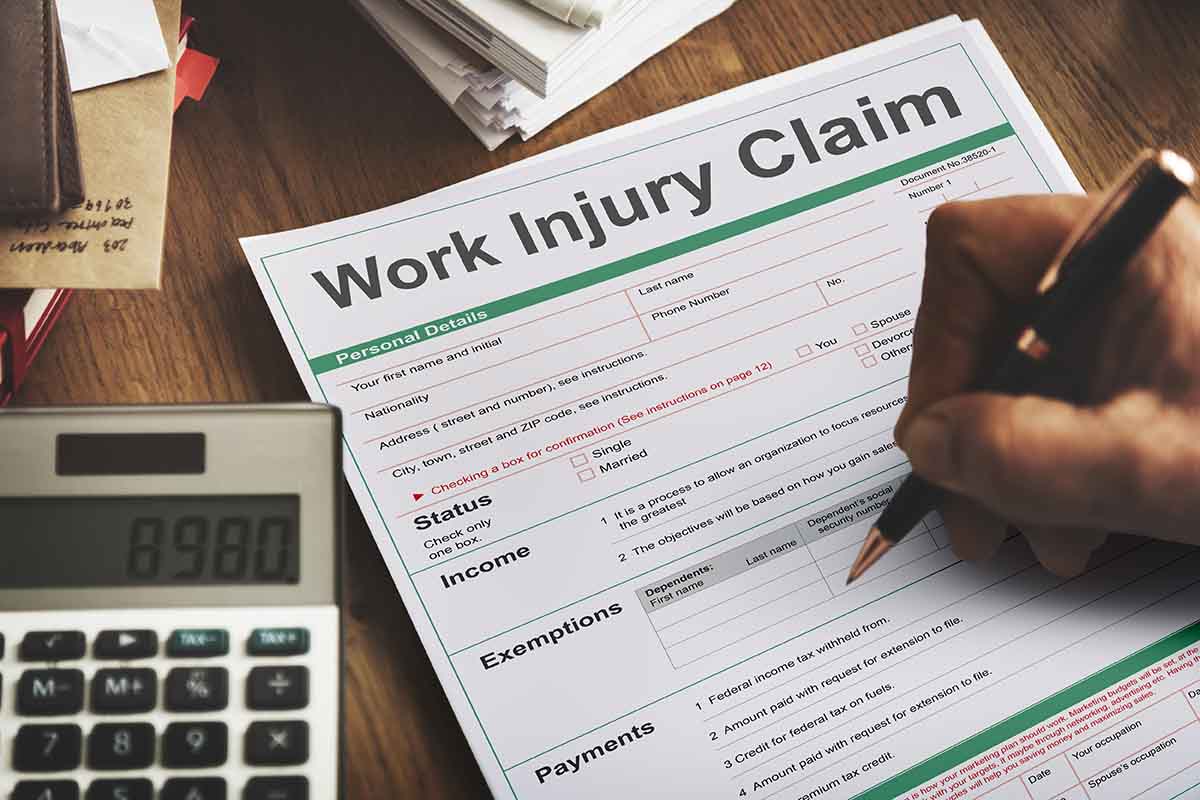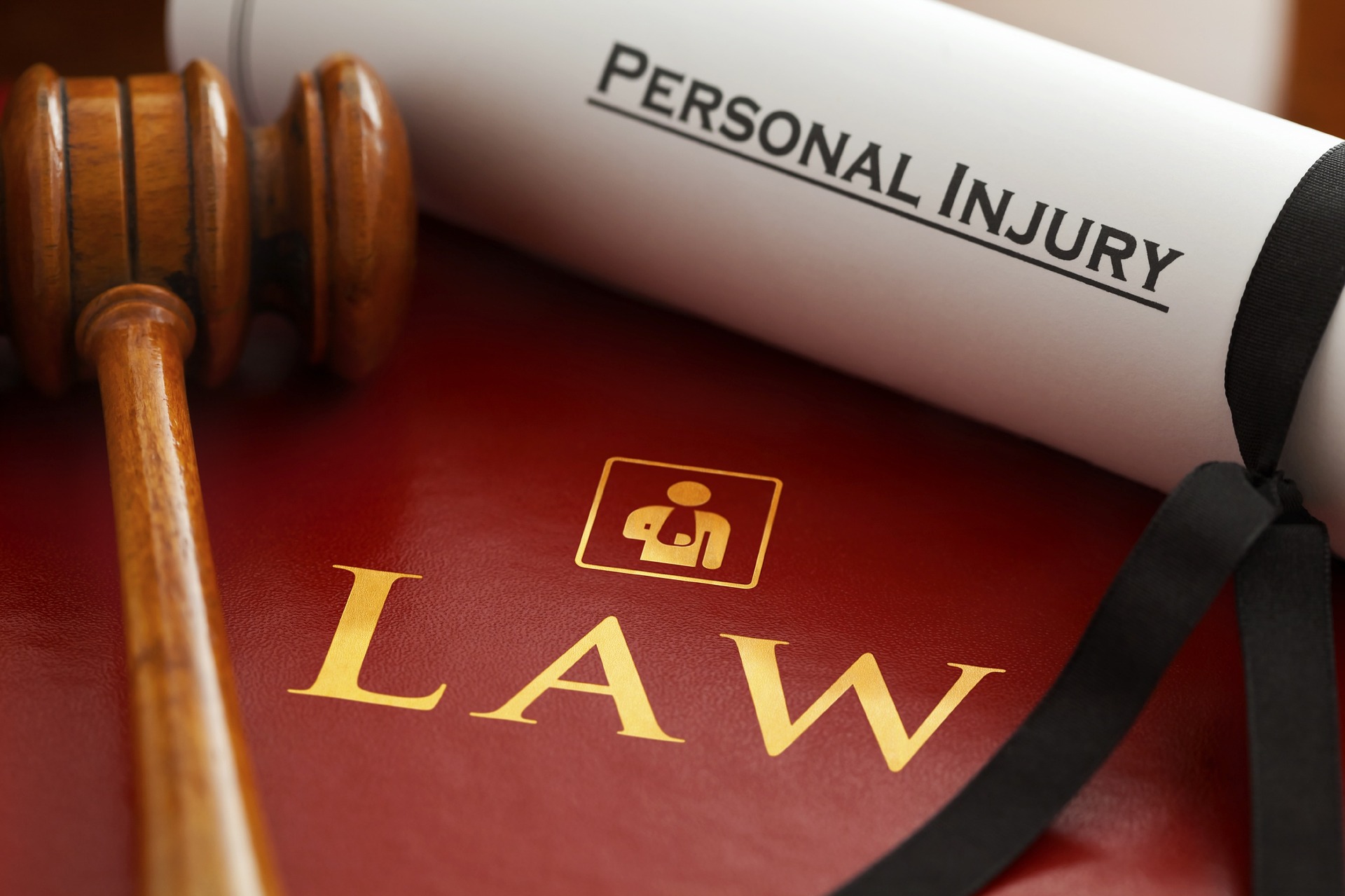Understanding How a Personal Injury Claim Works
A personal injury claim is a civil lawsuit resulting from an accident. If you have been injured and think someone else caused it, you may be eligible to pursue a legal remedy for damages. Understanding how this process works will help you decide if it’s the right decision for your particular case. This blog post will discuss some of the basics of what happens in this type of lawsuit, including filing requirements and timelines and other considerations like a statute of limitations.
What is a personal injury claim?
To understand how a personal injury claim works, you first have to understand it. A personal injury claim is a civil lawsuit that can be brought against someone who allegedly caused you harm. According to seasoned personal injury attorney Steven Benvenisti, this type of lawsuit is usually filed when you have been injured in some way, either physically or emotionally.
In this case, “injury” does not have to mean a broken bone or cut, but it can also refer to mental anguish, such as the aftermath of a sexual assault. Hence, you will be eligible to pursue a legal remedy if the other person’s actions have resulted in some harm to you, whether it be physical, emotional, or financial.
What are the requirements for filing?
To file a personal injury claim, there are certain things you will need to do to meet the state’s filing requirements. First and foremost, you will need to have a personal injury attorney. Since this type of lawsuit is often quite complex, it’s best to enlist the help of someone familiar with all the necessary steps and deadlines in your state. Also, you will need an official accident report from local authorities because these reports are extremely helpful when filing claims and lawsuits.
What are some other things to consider?
You should consider several other things before deciding whether or not to file a personal injury claim. One of the most important is a statute of limitations. This is the amount of time you have to file a lawsuit after the accident.
Some states, like California, have short statutes of limitations, while others, such as New York and Connecticut, are much longer. In New York, you have two years from the date of your injury to file a claim. In other states, such as New Jersey, you must file your lawsuit within one year. Make sure to check with an attorney in your state to find out the specific filing requirements and deadlines.
Another consideration is whether or not you can prove fault in your case. This is often challenging because it’s hard to determine who was at fault for an accident that caused personal injuries unless there were witnesses. If the fault cannot be quickly established, the case may go to trial. This is just a brief overview of some of the things you need to think about when deciding whether or not to file a personal injury claim.
What happens after filing?
After you have filed your injury claim, there are a few things that will likely happen in this process: initial investigation and discovery, settlement negotiations, mediation or arbitration if needed, as well as trial by jury or judge if the case is not settled before then. However, if your suit goes to court, you will have to prove your case before the judge or jury. This is done by presenting evidence, which could include witness testimony or medical reports about your injury and its consequences.
What happens if you win?
If your injury claim goes to trial and the jury agrees with your version of events, they will award damages. Damages are typically categorized as “economic” or “noneconomic.”
Economic damages include medical bills, lost wages due to missed work, property damage from an accident on someone else’s property, and long-term care costs for disabilities. Noneconomic damages are usually subjective but could include items like emotional distress or loss of consortium (if one spouse’s injury affected the other). In some cases, punitive damages may be awarded if the defendant’s actions were particularly egregious and reckless.
If you have been injured and are considering filing a personal injury claim, you should speak to a personal injury attorney for more information. This way, you can understand how this process works and know what to expect. Rest assured that there is nothing to be intimidated about. A personal injury claim can help you recover the compensation and damages that you deserve for your injuries.



















